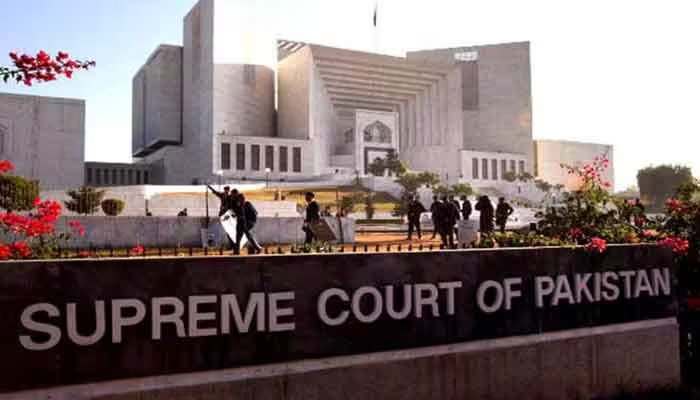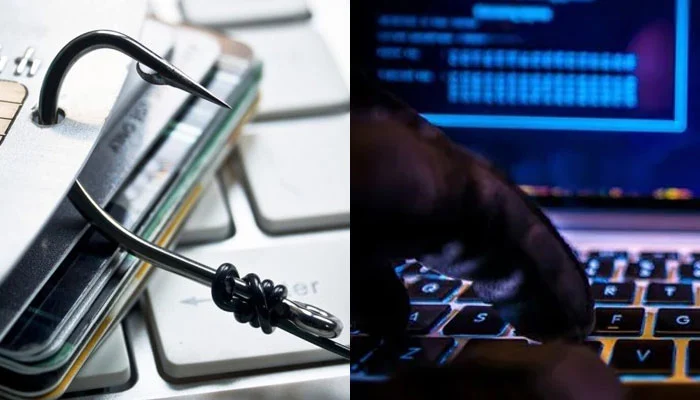In a significant legal development, the Supreme Court of Pakistan has dismissed the review petition filed by Pakistan Muslim League-Nawaz (PML-N) leader Ali Gohar Baloch, who sought a recount of votes in the NA-97 Tandianwala constituency. This decision marks the latest chapter in a case that has been closely watched by political observers and legal experts alike.
Case Background
The case traces its origins to the results of the 2018 general elections in NA-97 Tandianwala, a constituency in the Faisalabad district. Ali Gohar Baloch, the PML-N candidate, challenged the election outcome, alleging irregularities in the vote count and calling for a recount. He claimed that discrepancies during the tallying of votes affected the final results, which led him to believe that a recount could potentially change the outcome in his favor.
Initially, Baloch sought relief through the Election Commission of Pakistan (ECP), where he filed an application requesting a vote recount. However, the Returning Officer (RO) for the constituency, tasked with overseeing the election process, denied receiving any formal application for a recount. This led to a legal battle in which Baloch moved the case to the Supreme Court for a review of the situation.
Supreme Court Hearing
During the hearing, Justice Naeem Afghan presided over the case and questioned the actions of the Returning Officer. Justice Afghan raised concerns about the inconsistency in the RO’s statements, which had come to light during the proceedings. The RO had initially provided a written reply to the Election Commission, stating that no recount application had been submitted. However, in a surprising turn of events, the RO later provided a certified copy of the same application, raising doubts about the credibility of his earlier statements.
Justice Afghan remarked on the matter, saying, “The Returning Officer, who claimed in his written reply that no application was received, is now presenting a certified copy of the very same application. Such actions give the impression that the RO may have been influenced or pressured to change his stance.”
The inconsistency in the RO’s statements formed the crux of the argument during the hearing. The court observed that if the documents, including the certified copy of the application, had been presented earlier, it might have impacted the case differently. However, since this new information only surfaced during the review process, the court was not in a position to grant the relief requested by Ali Gohar Baloch.
Justice Afghan also pointed out that Baloch could approach the tribunal if he wished to pursue the matter further. The tribunal, which handles electoral disputes, may be a more appropriate forum for Baloch to present his case, given the newly surfaced evidence.
Supreme Court’s Decision
After thoroughly reviewing the case, the Supreme Court ultimately rejected the review petition filed by Ali Gohar Baloch. The court emphasized that the evidence brought forward during the review process should have been presented earlier and that the current stage of the legal proceedings did not allow for a reopening of the case based on these late submissions.
This ruling effectively closes the door on Baloch’s efforts to secure a recount in the NA-97 Tandianwala constituency. The decision also underscores the importance of timely and accurate documentation in legal proceedings, as delays or inconsistencies can significantly affect the outcome of a case.
Impact on the Political Landscape
The Supreme Court’s dismissal of the review petition is a blow to Ali Gohar Baloch and the PML-N, which had hoped for a recount that could potentially change the outcome of the NA-97 election. For the party, which has been engaged in various legal battles over election results, this decision represents yet another challenge in its ongoing efforts to contest seats won by rival parties.
From a broader perspective, this case highlights the complexities and legal intricacies of Pakistan’s electoral process. The case has drawn attention to the role of Returning Officers and the transparency of their actions. The RO’s contradictory statements in this case may lead to further scrutiny of election officials in future cases, as such inconsistencies can undermine public trust in the electoral process.
Moving Forward
While the Supreme Court has ruled against Ali Gohar Baloch in this instance, his legal options are not entirely exhausted. As Justice Naeem Afghan suggested during the hearing, Baloch may still approach the election tribunal to further pursue his claims. However, given the court’s dismissal of his review petition, it remains uncertain whether this new avenue will yield any different results.
For now, the dismissal of the review petition signals the end of this particular legal battle. However, it also serves as a reminder of the challenges candidates face when contesting election results in Pakistan, where the electoral process can be fraught with complexities, and the path to legal resolution is often lengthy and uncertain.
The Supreme Court’s rejection of Ali Gohar Baloch’s review petition in the NA-97 recount case is a significant legal decision that has broader implications for the electoral process in Pakistan. While Baloch may explore other legal options, this ruling marks a key moment in his efforts to challenge the results of the 2018 election in Tandianwala.



